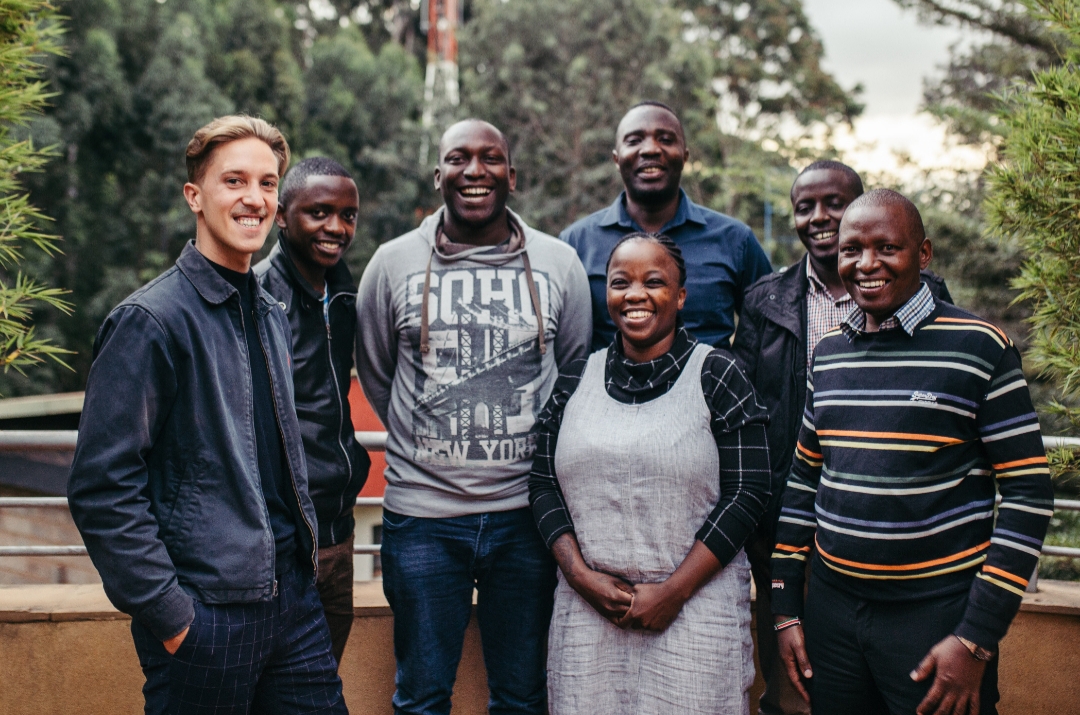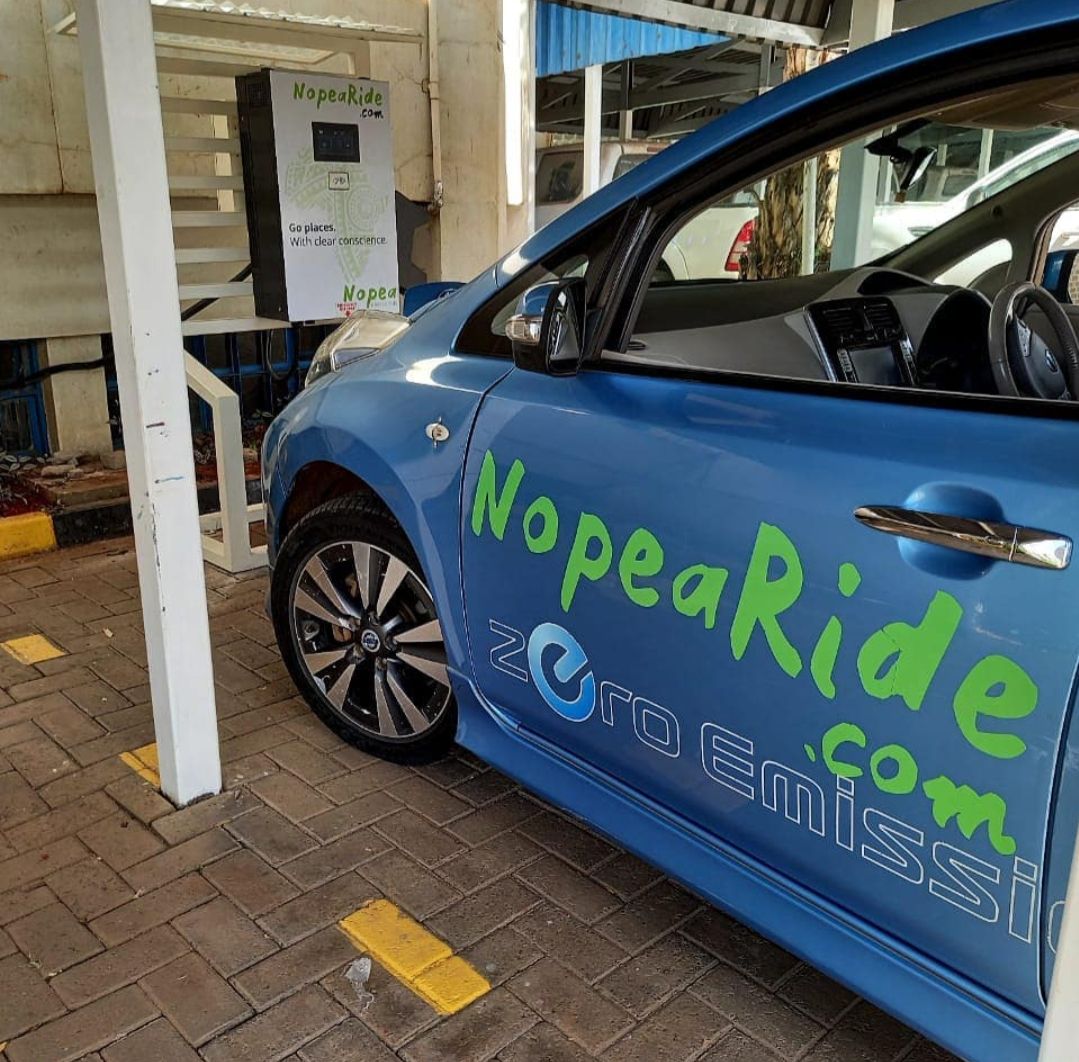Kune Foods is not about Racism

After a few years in the startup world, I came across some stats showing the startups that had managed to raise a significance amount of money in Kenya. The most noticeable characteristic is that almost all of them were led by white people.
This was already raising complains in the Kenya startup ecosystem, with people concluding that there is a racism problem in the way startups were funded. I also concluded so.
Last month, there was an uproar after Kune Foods raised 1 million USD to help solve the problem of lack of great food at a cheap price. The major concern was that a non Kenyan came to Kenya, identified a market gap which most Kenyans think does not exist, went ahead to raise an insane amount of money, then went ahead to publicize the raise by peddling half-truths, lies and a few info that are outright insults to Kenya.
Where is the Problem?
After I wrote this article about a ‘white male CEO need,’ I decided to further do some research about it and talk to the people who had received funding due to their association with a white person. I did not manage to get many people, but at least I talked to one.
From the discussion, it was clear that it is not about skin color, but other dynamics at play. The guy said that when he was looking for capital, he was not looking for black or white capital, but people who could afford to invest in his business. Unfortunately, he lacked a relationship with such people, and the person who helped him was a white guy from UK, who knew people who were willing to invest in the business. In exchange, he made him the executive chairman of the board.
With this guy as an executive chair, it was easy for him to bring on board people who were willing to invest because they knew the white guy. They were comfortable because they had one of their own who they could trust. It would have been impossible for the investors to leave UK, come to Kenya for the first time, identify a business and invest in it. That would just be too much risk.
This script looks very familiar.
Do Nairobians Invest in Businesses in Marsabit?
How many of us have helped an entrepreneur in Marsabit, unless if you were born there, or work in an NGO where supporting entrepreneurs in Marsabit is part of your work?
Even when we do it, it is about relationships. I have helped someone based in Marsabit, because I know them, and I got to know them because they are from Kisumu and we met in Nairobi. He is running a good business in Marsabit, and my support for him is not a vote against the locals in that area. I cannot support any local business unless I get to know them first.
How would I get to know them? They would need to reach out, or I would need to go there. I would also have to spend a lot of time doing some due diligence, in an environment and culture that I am yet to familiarize with.
Racist Capital?
Startups with expatriate founders seem to get the funding, but we need to find way to help local founders get the much-needed funds.
How do we create those relationships? How do we create structures that allow local founders to get funded? How do we create the right image as a country? How do we guard investor interests? I do not know, but we need to. Investments will not be done based on emotions, and it is not a matter of the rich helping the poor – a wide anthropological question that is beyond the scope of this article.
Unfortunately, the whole debate is reduced to skin color, something that shifts the responsibility of finding the solution to ‘other people’ because we are not the problem. If the problem is racism, then it is the racists who need to change. This shifts the burden of finding a solution to ‘them,’ and it does not help the situation.


1 Comment